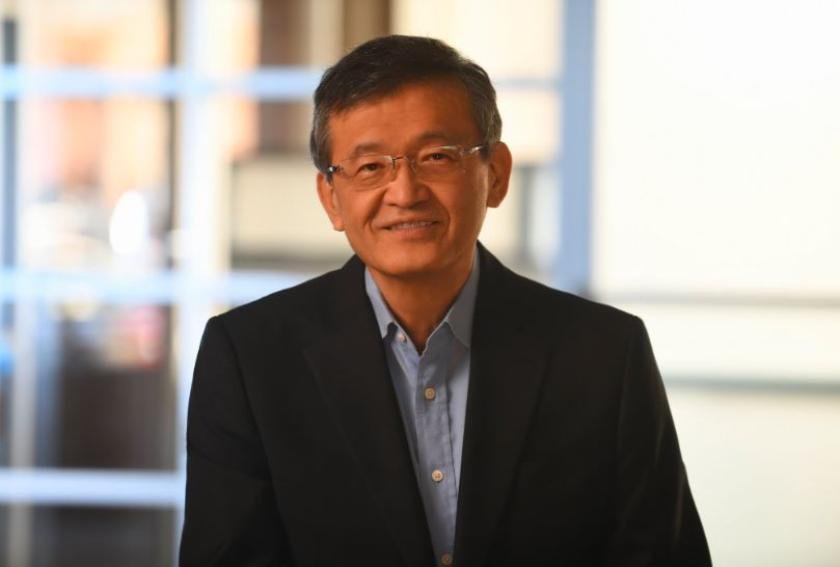Intel CEO Lip-Bu Tan has sent an email to all Intel Corporation employees on April 24, 2025 – after announcing Q1 2025 results.

Intel reported first-quarter revenue of $12.7 billion, flat year-over-year. Intel is forecasting second-quarter 2025 revenue of $11.2 billion to $12.4 billion.
Intel aims to reduce its gross capital expenditures (Capex) target to $18 billion for 2025, down from the company’s previous target of $20 billion. Intel is expecting net capital expenditures of approximately $8 billion to $11 billion in 2025.
Intel CEO Lip-Bu Tan in an email letter acknowledged a positive step forward with revenue, gross margin, and earnings per share exceeding expectations. He credited this success to strong leadership and collective execution, but emphasized that challenges remain. The road ahead is shaped by a volatile macroeconomic environment and internal inefficiencies that must be urgently addressed.
Tan underscored the need for cultural transformation, citing feedback that Intel has become slow, complex, and resistant to change. He outlined key initiatives to improve agility and performance, starting with structural changes to flatten the organization and increase efficiency. By elevating engineering functions to the Executive Team, Intel aims to return to its roots as an engineering-focused company, reducing bureaucracy and enhancing productivity. Cost reduction is also a priority, with new targets for operating expenses and capital spending.
Tan expressed concern about Intel’s organizational depth, with many teams structured in unnecessarily complex ways. He called for a reevaluation of team layers and spans of control, stressing that effective leadership should be measured by results, not team size. Workforce reductions are inevitable as Intel strives for a leaner, more agile model, but the CEO pledged a thoughtful approach focused on retaining and attracting top talent. He also announced a significant overhaul of internal processes to reduce administrative overhead and increase focus on customer-facing efforts. This includes cutting back on excessive meetings, modernizing data usage, and eliminating non-essential tasks and rigid performance tracking systems.
A key cultural shift will involve a stronger in-office presence. Noting uneven compliance with the existing hybrid policy, Tan said employees will be required to work on site four days a week starting September 1. He believes in-person collaboration is essential for faster decision-making and stronger team connections. Site readiness and employee input will be considered to create a more engaging work environment.
Ultimately, Tan called on employees to embrace this period of transformation with urgency and determination. He framed this as a make-or-break moment for Intel—one that demands commitment to innovation, quality, and execution. Tan expressed deep personal motivation in taking on this challenge, describing it as an opportunity to reinvent a legendary company and reshape the industry. He acknowledged the difficulty of the path ahead but conveyed strong belief in Intel’s people to deliver a historic comeback.
